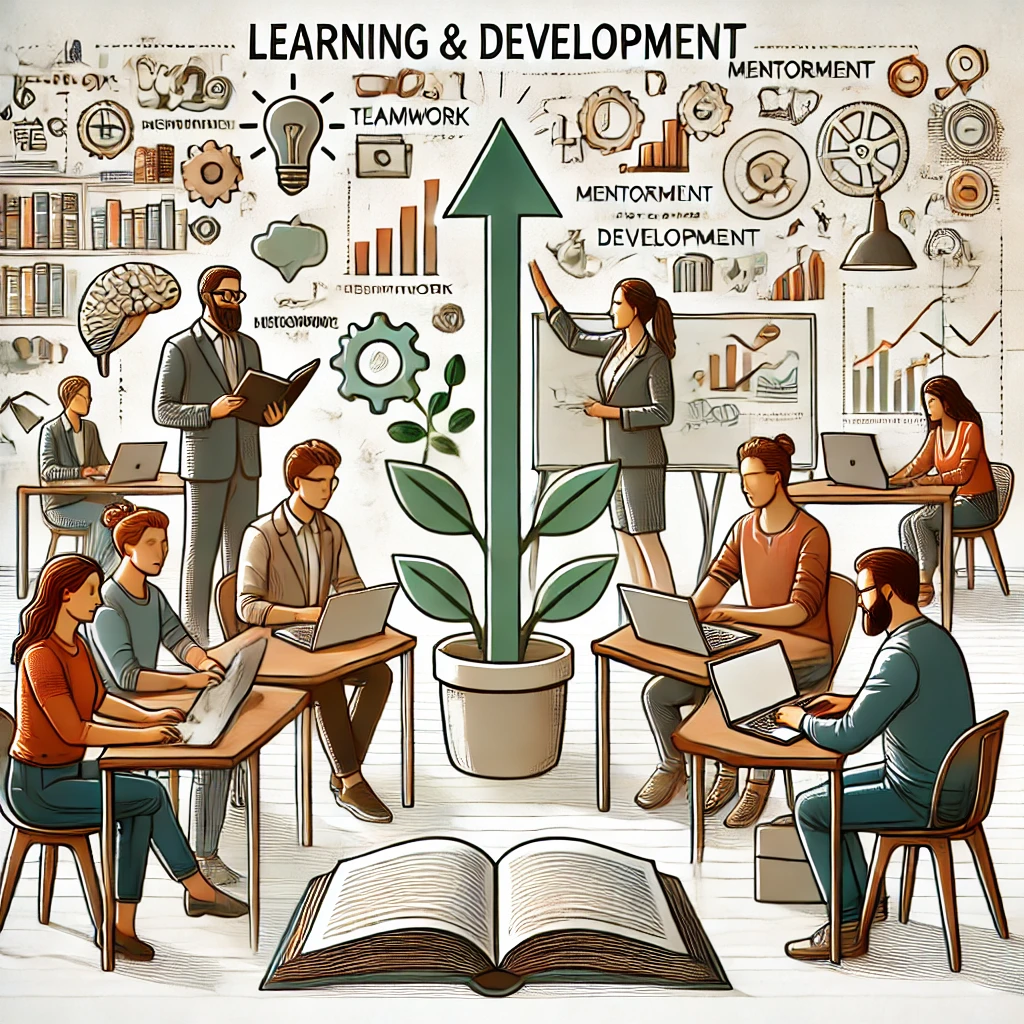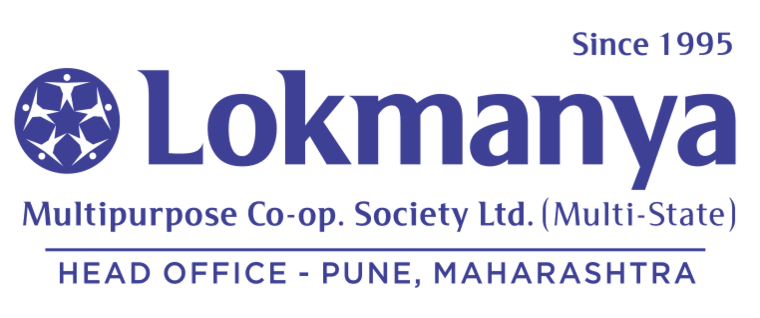In today’s fast-changing world, the ability to learn and adapt has become essential for career success. Long gone are the days when a single degree or skillset could support an entire career. Now, lifelong learning and continuous upskilling are key to confidently navigating your career and staying resilient in the face of change.
Why Continuous Learning Matters
The workplace is evolving at lightning speed due to advancements in technology, globalization, and shifting market needs. To thrive, it’s crucial to see learning as an ongoing journey, not just a one-time activity. Here’s why continuous learning is important:
- Stay Relevant: Industries are changing rapidly, and yesterday’s skills might not cut it anymore. Staying updated helps you remain valuable and competitive in the job market.
- Boost Confidence: Learning new skills and gaining knowledge enhances your abilities and gives you a sense of accomplishment.
- Unlock New Opportunities: When you’re open to learning, new roles and career advancements become more attainable.
How Upskilling Drives Career Success
Upskilling—improving or adding to your skills—has become a game-changer in today’s workplace. Here’s why it’s so impactful:
- Adapt to Technological Changes: Automation, AI, and digital tools are reshaping work. Upskilling helps you leverage these advancements rather than being left behind.
- Advance Your Career: Employees who actively build their skills are often first in line for promotions, leadership roles, and exciting projects.
- Foster Innovation: Learning new things encourages creative thinking, helping you approach challenges with fresh ideas and innovative solutions.

Learning and Development: A Human Perspective
Beyond career growth, learning and development enrich your personal life. Tackling new challenges broadens your perspective and builds adaptability. It’s not just about adding certificates to your resume—it’s about becoming a well-rounded and resilient individual.
Organizations also understand the value of nurturing talent. Many companies now offer development programs, mentorship opportunities, and access to online learning platforms. By fostering a culture of learning, they empower their employees to grow alongside the company.
How to Make Learning a Priority
If you’re ready to focus on your learning and development, here’s how you can start:
- Set Clear Goals: Decide what you want to learn or improve. Whether it’s mastering new software or building leadership skills, having clear goals will guide your efforts.
- Use Available Resources: Explore online courses, webinars, and workshops. Many are affordable and flexible enough to fit into any schedule.
- Seek Feedback: Ask peers, mentors, or managers for constructive feedback to identify areas for improvement.
- Stay Curious: Embrace curiosity and remain open to new ideas. When learning becomes an exciting exploration, it no longer feels like a chore.
Conclusion
Learning and development aren’t just career tools; they’re investments in yourself. By committing to continuous learning and upskilling, you can stay relevant, seize new opportunities, and enjoy a more fulfilling career journey. In an ever-changing world, your ability to learn is your most powerful asset.

